Home>Gardening & Outdoor>Plant Care & Gardening Tips>What Are Some Good Native Plants To Plant In Pennsylvania
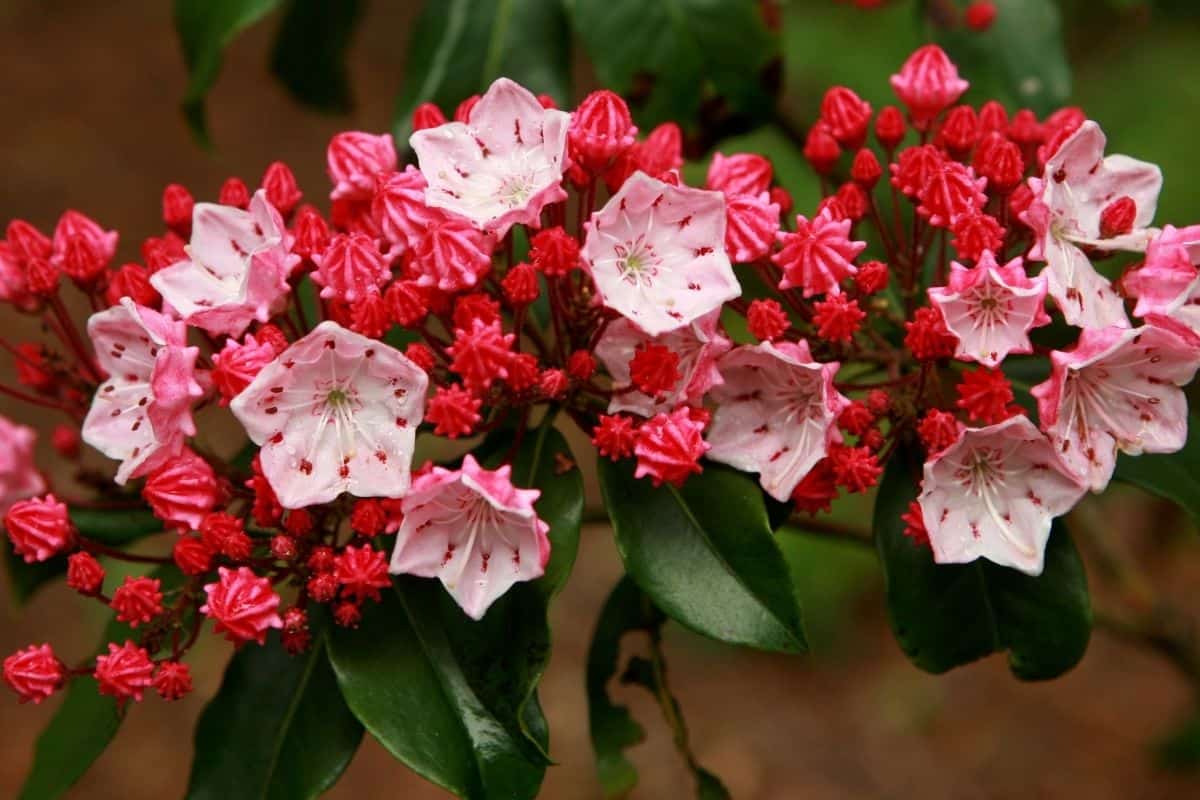

Plant Care & Gardening Tips
What Are Some Good Native Plants To Plant In Pennsylvania
Modified: January 4, 2024
Discover the best native plants for your Pennsylvania garden with our expert plant care and gardening tips. Create a thriving, sustainable landscape today!
(Many of the links in this article redirect to a specific reviewed product. Your purchase of these products through affiliate links helps to generate commission for Storables.com, at no extra cost. Learn more)
**
Introduction
**
Pennsylvania, with its diverse landscapes and varying climates, offers an ideal environment for cultivating a stunning array of native plants. From the rolling hills of the Appalachian Mountains to the fertile valleys and bustling urban centers, the state's natural beauty is unparalleled. Whether you're a seasoned gardener or a novice enthusiast, incorporating native plants into your landscape not only adds to the aesthetic appeal but also contributes to the overall health of the local ecosystem. In this guide, we will explore the benefits of planting native flora, considerations for gardening in Pennsylvania, and a selection of native plants that thrive in the Keystone State. Let's embark on a journey to discover the vibrant world of Pennsylvania's native plant species and the joy they bring to our gardens and natural surroundings.
**
Key Takeaways:
- Embrace Pennsylvania’s native plants for a vibrant, low-maintenance garden that supports local wildlife and preserves the state’s natural heritage.
- Select native plants suited to Pennsylvania’s climate and soil for a resilient, ecologically vibrant garden that celebrates the state’s natural beauty.
Read more: When To Plant Grass In Pennsylvania
Benefits of Planting Native Plants
**
When it comes to gardening and landscaping, choosing native plants offers a multitude of benefits that extend beyond mere visual appeal. Native plants have evolved and adapted to the local climate, soil conditions, and wildlife, making them resilient and low-maintenance additions to any garden. Here are some compelling reasons to consider incorporating native plants into your Pennsylvania landscape:
-
Environmental Resilience: Native plants are well-suited to the local climate and soil, requiring less water, fertilizer, and pesticides. Their deep root systems also help prevent soil erosion and contribute to improved water quality.
-
Wildlife Habitat: Native plants provide essential food and shelter for local wildlife, including birds, butterflies, and pollinators. By cultivating native species, you can create a thriving ecosystem that supports biodiversity and contributes to the overall health of the environment.
-
Low Maintenance: Unlike non-native plants, which often struggle to adapt to unfamiliar conditions, native plants are naturally equipped to thrive in Pennsylvania's environment. This makes them easier to care for and reduces the need for excessive watering, fertilizing, and pest control.
-
Drought Resistance: Many native plants have evolved to withstand periods of drought, making them valuable additions to water-wise landscapes. By choosing drought-resistant species, you can conserve water and create a resilient garden that can withstand dry spells.
-
Preservation of Native Species: By cultivating native plants, you contribute to the preservation of Pennsylvania's natural heritage. Many native plant species are at risk due to habitat loss and invasive species. By growing them in your garden, you play a role in their conservation.
In summary, planting native species in Pennsylvania offers a host of benefits, from environmental resilience and wildlife support to low maintenance and water conservation. By embracing native plants, you can create a vibrant and sustainable garden that enhances the beauty of the local landscape while contributing to the preservation of the state's natural ecosystems.
**
Considerations for Planting Native Plants in Pennsylvania
**
Before diving into the world of native plant gardening in Pennsylvania, it’s essential to consider several factors to ensure the success of your green endeavors. Understanding the unique characteristics of the state’s climate, soil, and native flora will guide you in creating a thriving garden that harmonizes with the natural environment. Here are some key considerations for planting native plants in Pennsylvania:
-
Climate Variability: Pennsylvania experiences diverse climatic conditions, ranging from humid summers to cold winters. When selecting native plants, it’s crucial to choose species that are well-adapted to the specific microclimate of your garden. Consider factors such as temperature fluctuations, frost dates, and precipitation patterns to identify plants that can thrive in your local environment.
-
Soil Composition: The state’s soil composition varies across different regions, with factors such as pH levels, drainage, and nutrient content influencing plant growth. Conduct a soil test to determine the characteristics of your garden soil and select native plants that are suited to these conditions. Amending the soil with organic matter can also improve its fertility and structure, creating a more hospitable environment for native flora.
-
Native Plant Diversity: Pennsylvania boasts a rich diversity of native plant species, including wildflowers, grasses, shrubs, and trees. Embrace this diversity by incorporating a variety of native plants into your garden, creating a balanced ecosystem that supports a wide range of wildlife. By selecting plants with staggered bloom times and diverse heights, you can enhance the visual interest of your garden while providing continuous food and habitat for local fauna.
-
Wildlife Considerations: When planning your native plant garden, take into account the specific wildlife species that inhabit your area. Certain plants may attract pollinators, birds, or other beneficial organisms, contributing to the ecological balance of your garden. Additionally, consider the potential impact of deer and other herbivores, choosing native plants that are less susceptible to browsing damage.
-
Conservation and Restoration: Pennsylvania is home to several native plant species that are of conservation concern. By incorporating these species into your garden, you can contribute to their preservation and restoration efforts. Research local conservation initiatives and consider including rare or endangered native plants in your landscape to support these crucial conservation endeavors.
By carefully considering the climate, soil, plant diversity, wildlife interactions, and conservation aspects, you can embark on a rewarding journey of native plant gardening in Pennsylvania. These considerations will guide you in creating a resilient and ecologically vibrant garden that celebrates the natural heritage of the Keystone State.
**
Good Native Plants for Pennsylvania
**
When it comes to selecting native plants for your Pennsylvania garden, the options are as diverse as the state’s natural landscapes. From vibrant wildflowers to majestic trees, native flora offers an abundance of choices to suit various garden styles and environmental conditions. Here are some standout native plants that thrive in Pennsylvania’s climate and contribute to the beauty and ecological richness of the region:
Wildflowers and Grasses
-
Black-Eyed Susan (Rudbeckia hirta): With its cheerful yellow blooms and tolerance for a range of soil types, the black-eyed Susan is a beloved perennial that brightens up Pennsylvania gardens and provides nectar for pollinators.
-
Switchgrass (Panicum virgatum): This native grass species offers ornamental appeal with its graceful, arching foliage and provides habitat for wildlife while thriving in a variety of soil conditions.
-
Common Milkweed (Asclepias syriaca): As a vital host plant for monarch butterflies and a source of nectar for other pollinators, common milkweed is a valuable addition to Pennsylvania gardens, especially those focused on supporting local wildlife.
Read more: What Is A Non-Native Plant
Shrubs and Trees
-
Serviceberry (Amelanchier spp.): Known for its delicate white blossoms in spring and flavorful berries that attract birds, the serviceberry is a versatile native tree or shrub that thrives in Pennsylvania’s diverse landscapes.
-
Redbud (Cercis canadensis): This small, ornamental tree boasts stunning pinkish-purple flowers in early spring, adding a pop of color to Pennsylvania gardens while providing food for pollinators.
-
Winterberry (Ilex verticillata): With its vibrant red berries that persist through the winter, this deciduous holly species offers visual interest and serves as a valuable food source for birds during the colder months.
Perennial Herbs and Groundcovers
-
Wild Bergamot (Monarda fistulosa): Also known as bee balm, this aromatic perennial herb attracts pollinators with its showy flowers and is well-suited to Pennsylvania’s gardens and naturalized areas.
-
Allegheny Spurge (Pachysandra procumbens): This low-growing, evergreen groundcover thrives in the shaded woodlands of Pennsylvania, adding texture and greenery to landscapes while providing habitat for small wildlife.
-
Wild Ginger (Asarum canadense): With its heart-shaped leaves and unique, purplish-brown flowers, wild ginger is a native groundcover that thrives in shaded, moist environments, making it an excellent choice for woodland gardens.
By incorporating these and other native plants into your Pennsylvania garden, you can create a vibrant and ecologically sound landscape that celebrates the natural heritage of the Keystone State while providing essential resources for local wildlife.
**
Consider planting native plants such as Eastern Redbud, Black-eyed Susan, and Virginia Bluebells in Pennsylvania. These plants are well adapted to the local climate and soil, and provide important habitat for native wildlife.
Conclusion
**
As we conclude our exploration of native plant gardening in Pennsylvania, it’s evident that these indigenous flora not only enhance the visual appeal of our landscapes but also play a vital role in supporting the local ecosystem. By embracing native plants, gardeners across the state can contribute to the preservation of Pennsylvania’s natural heritage while creating sustainable and biodiverse outdoor spaces.
From the environmental resilience and low maintenance of native plants to their essential role in providing habitat and food for wildlife, the benefits of cultivating these indigenous species are manifold. Whether you’re drawn to the vibrant blooms of wildflowers, the stately presence of native trees, or the ecological significance of pollinator-friendly plants, there is a native plant suited to every garden style and environmental condition in Pennsylvania.
As you embark on your native plant gardening journey, remember to consider the unique climate, soil, and wildlife interactions in your local area. By carefully selecting a diverse array of native plants and incorporating them into your garden, you can create a resilient and ecologically vibrant landscape that reflects the natural beauty of Pennsylvania.
Let us embrace the rich tapestry of native flora that Pennsylvania offers, honoring its diversity and ecological significance while fostering a deeper connection to the land we call home. Through the cultivation of native plants, we not only nurture our gardens but also contribute to the well-being of the environment and the myriad species that call it home.
May your Pennsylvania garden flourish with the beauty and resilience of native plants, serving as a testament to the enduring harmony between human cultivation and the natural world.
Frequently Asked Questions about What Are Some Good Native Plants To Plant In Pennsylvania
Was this page helpful?
At Storables.com, we guarantee accurate and reliable information. Our content, validated by Expert Board Contributors, is crafted following stringent Editorial Policies. We're committed to providing you with well-researched, expert-backed insights for all your informational needs.
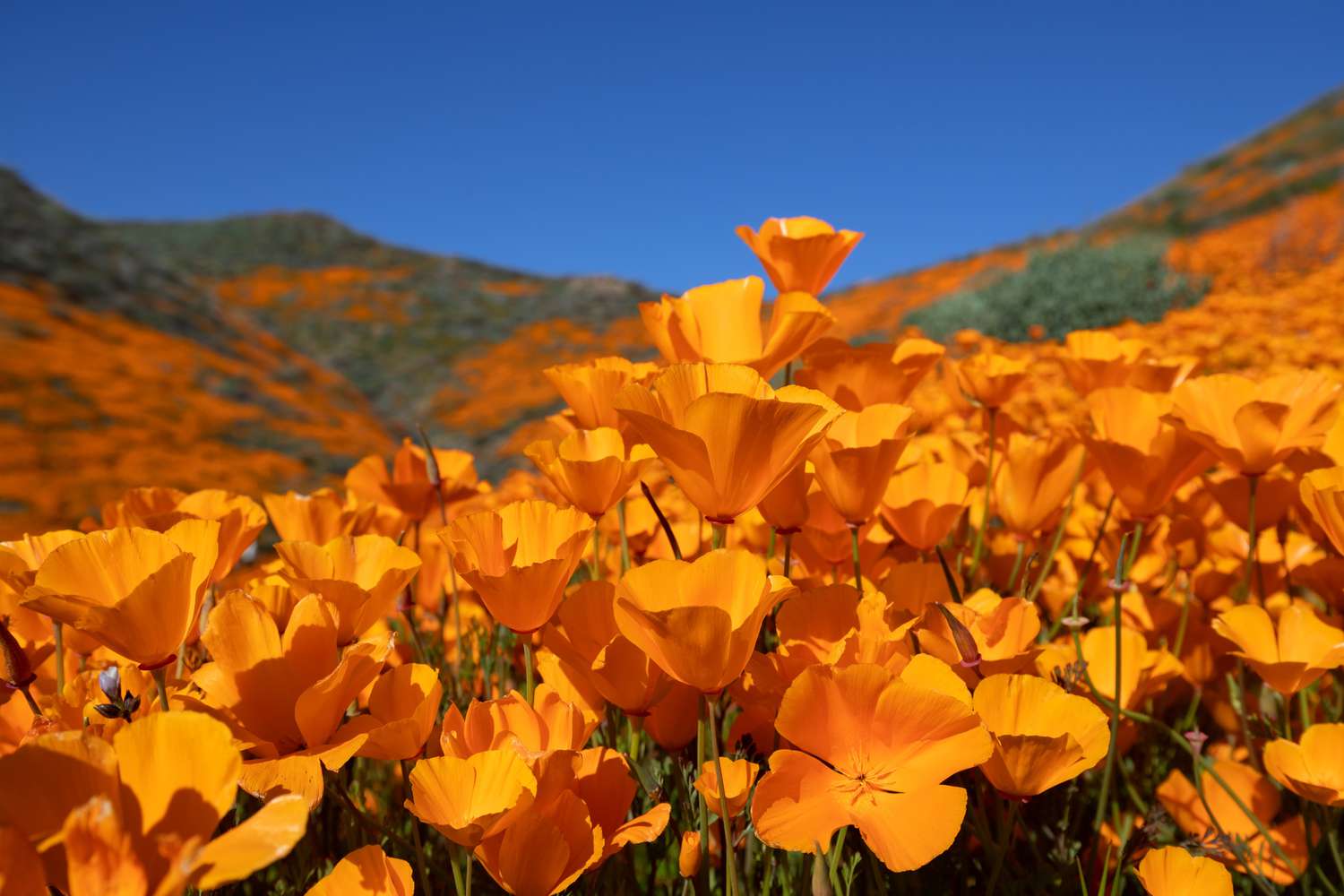

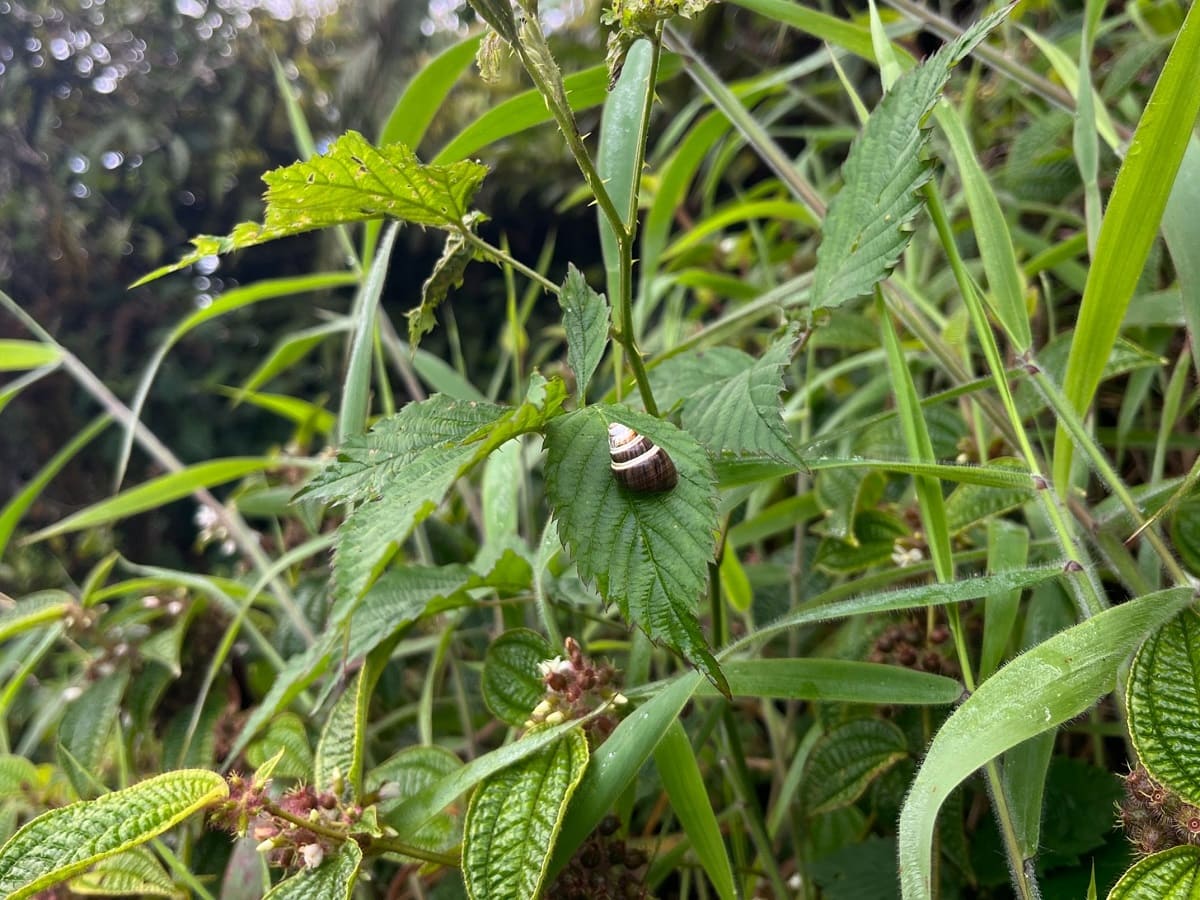
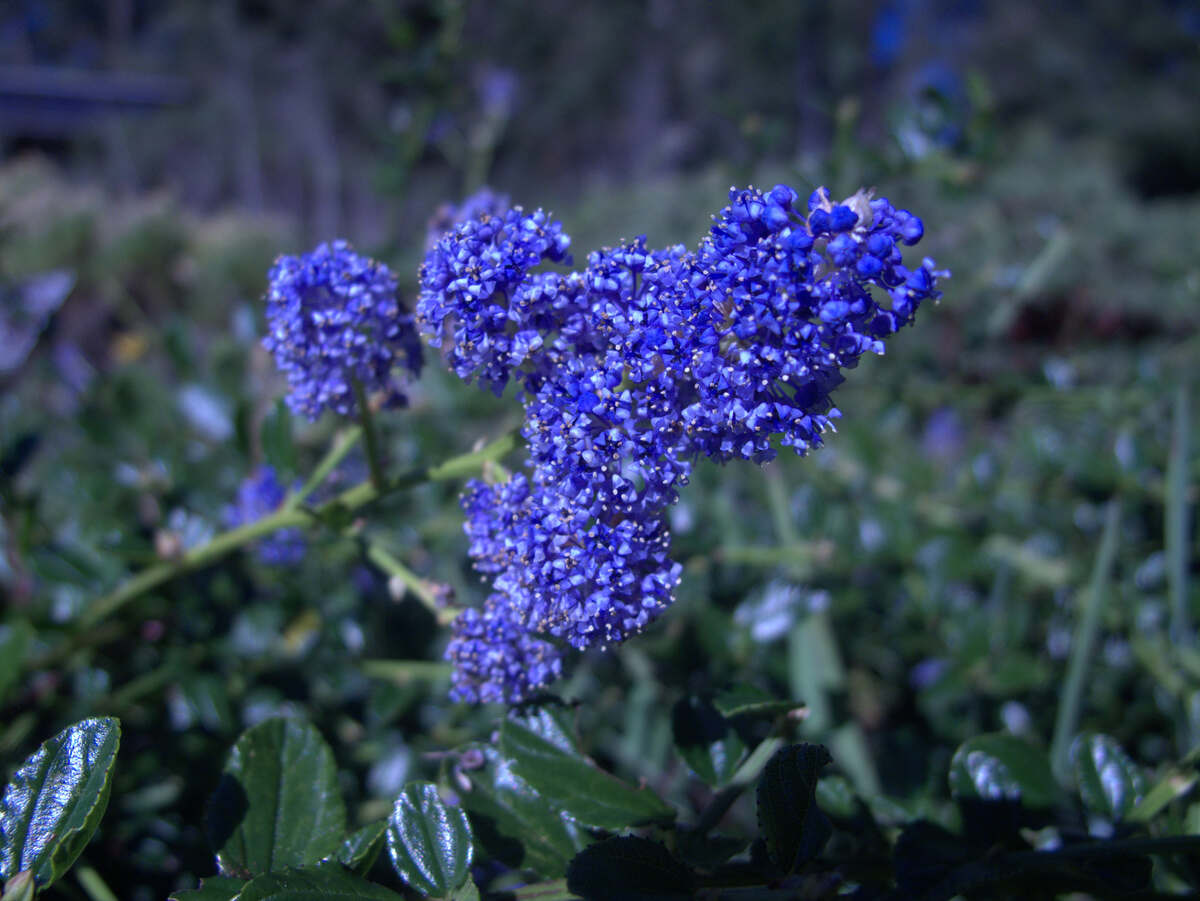
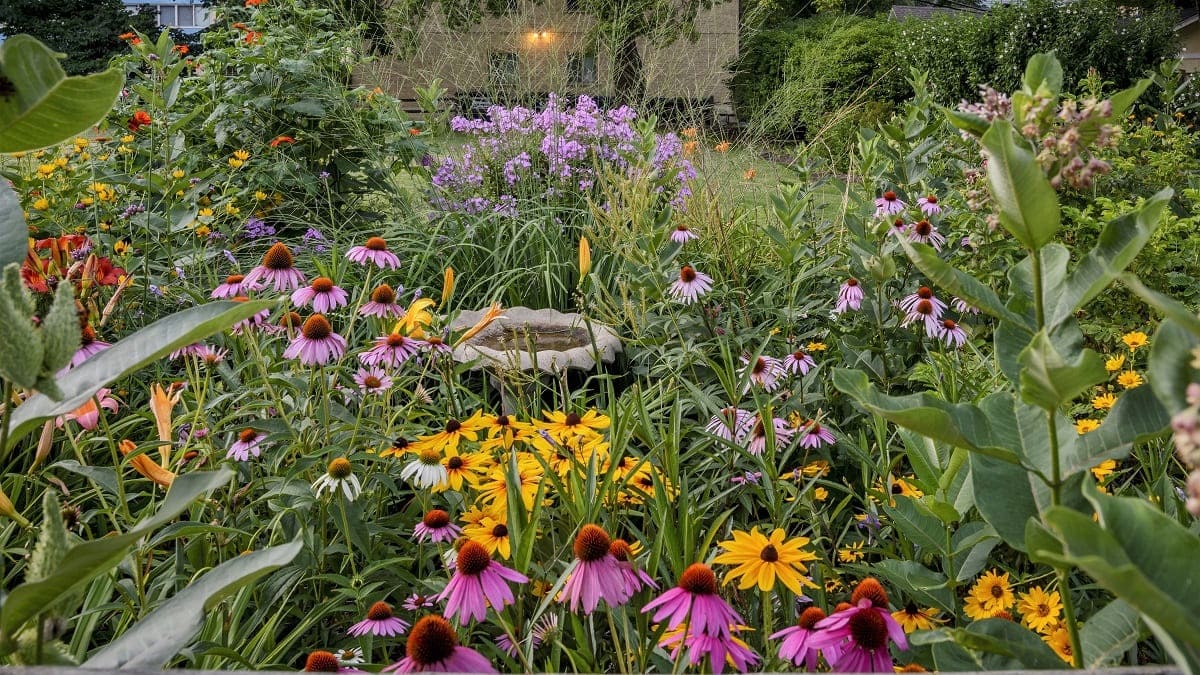
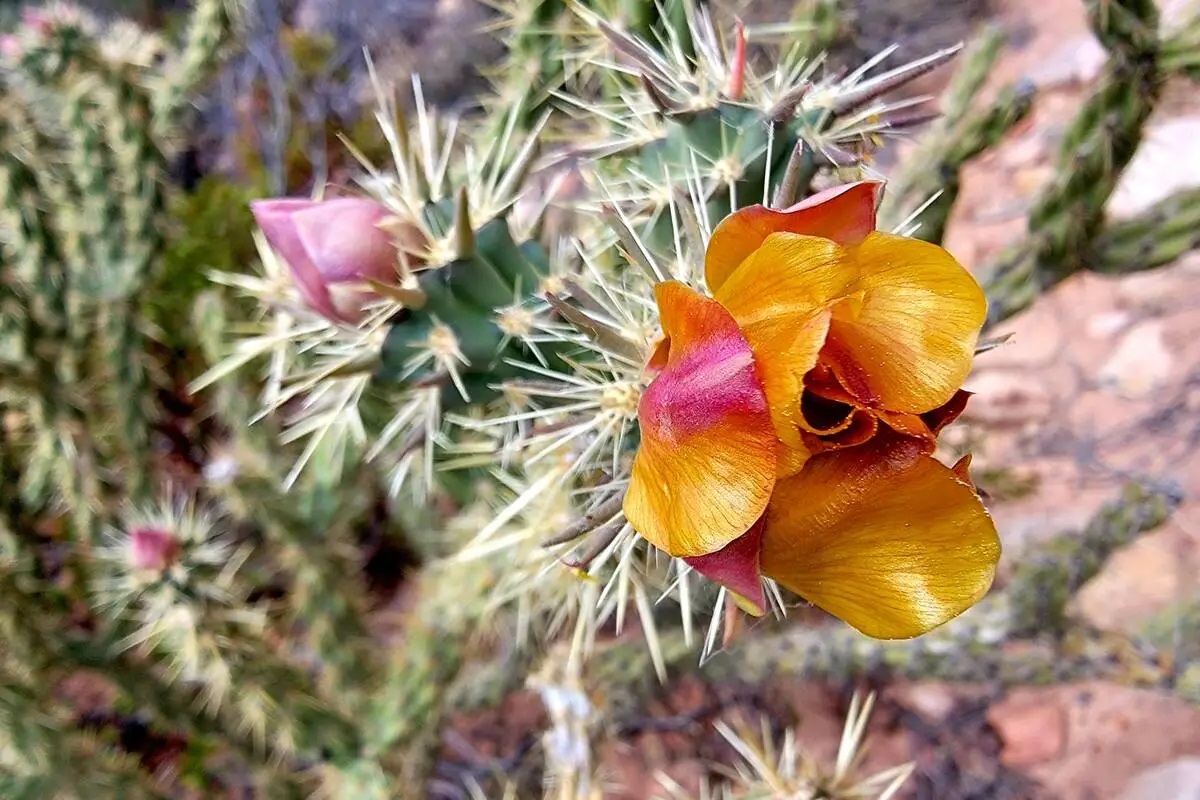
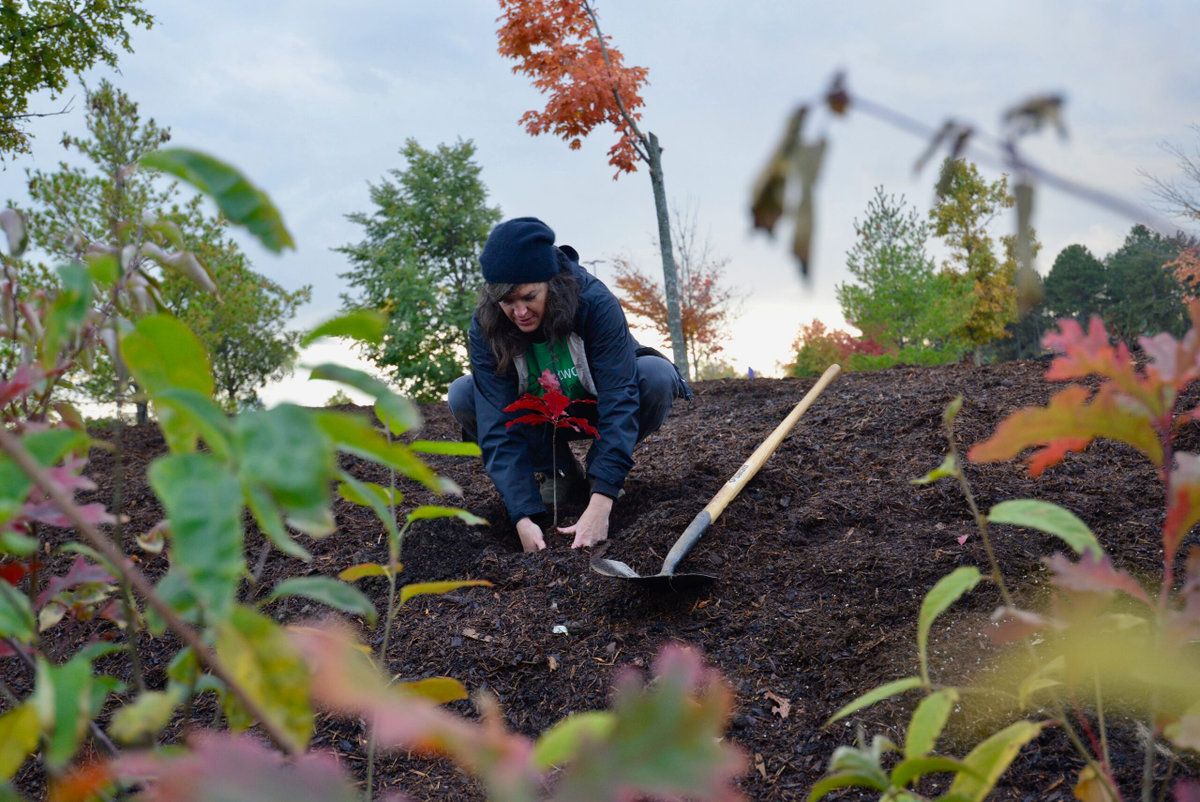
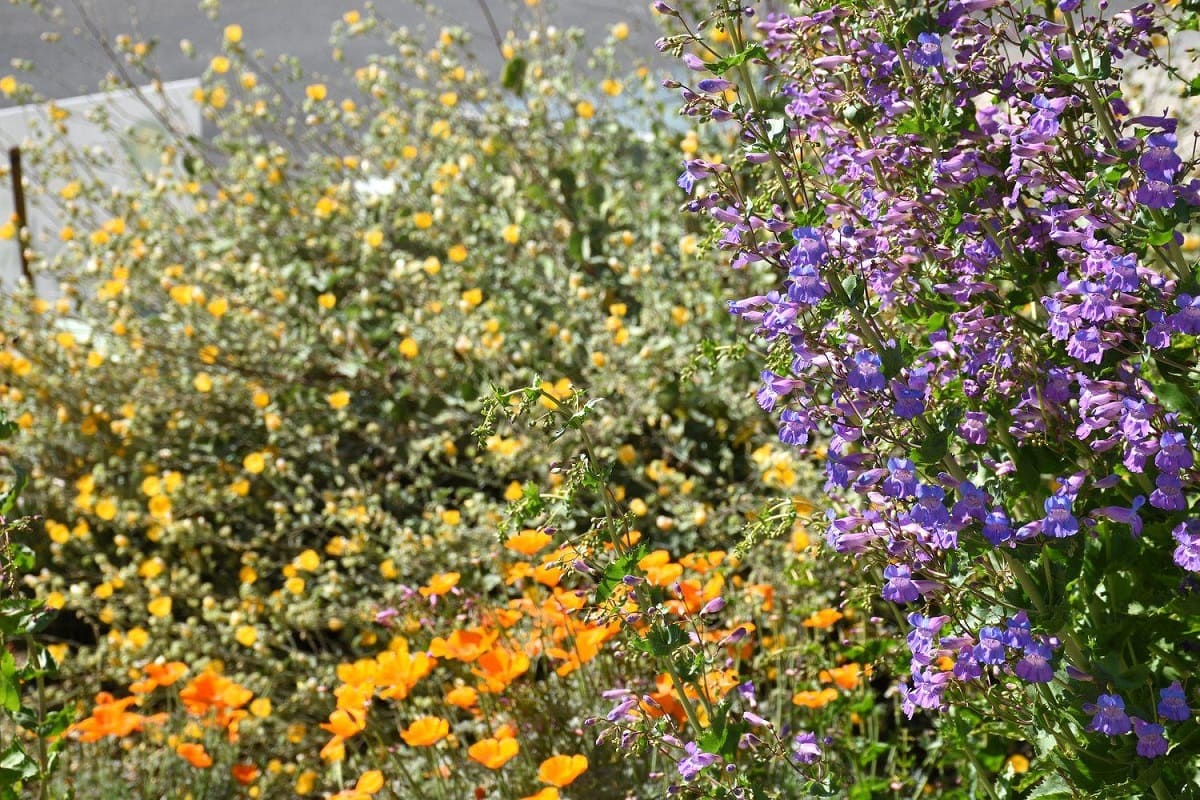
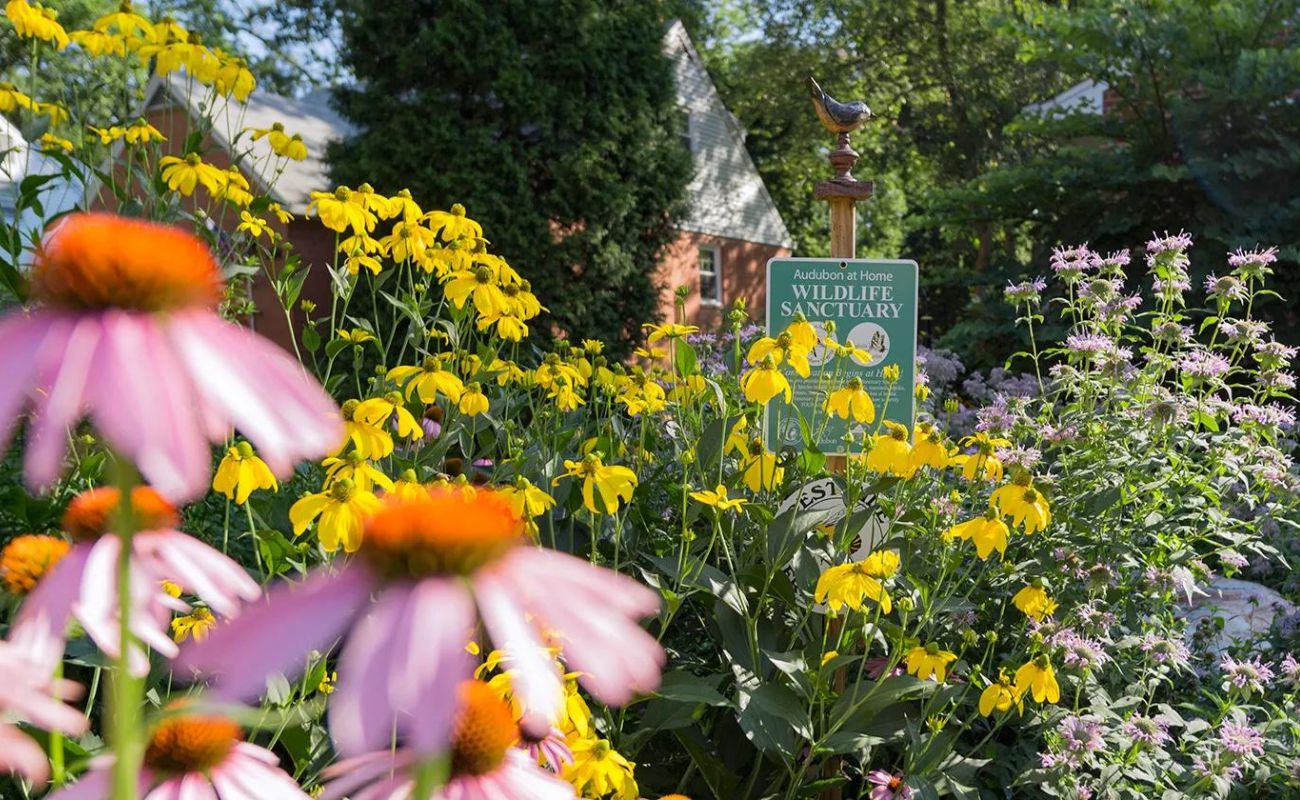
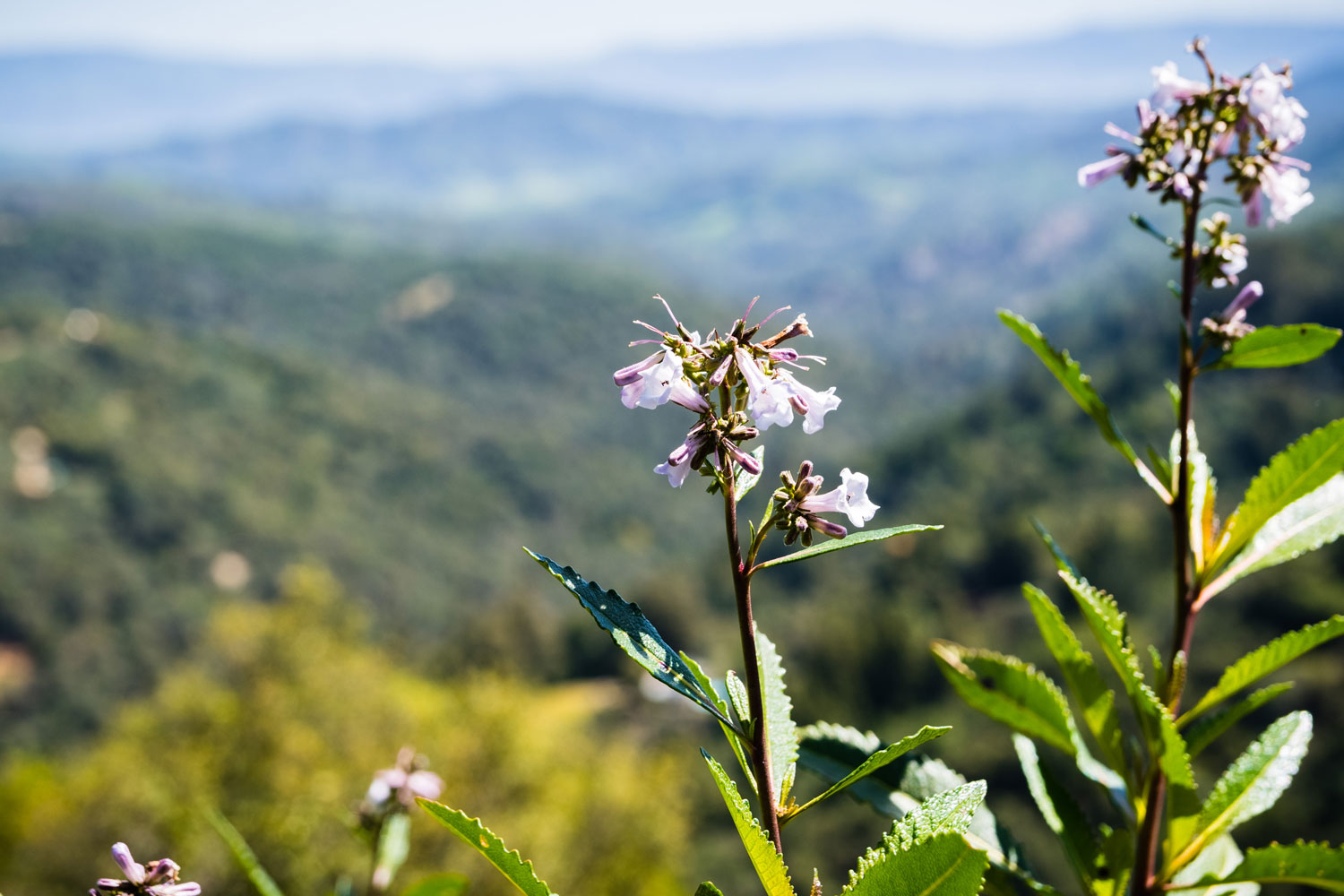
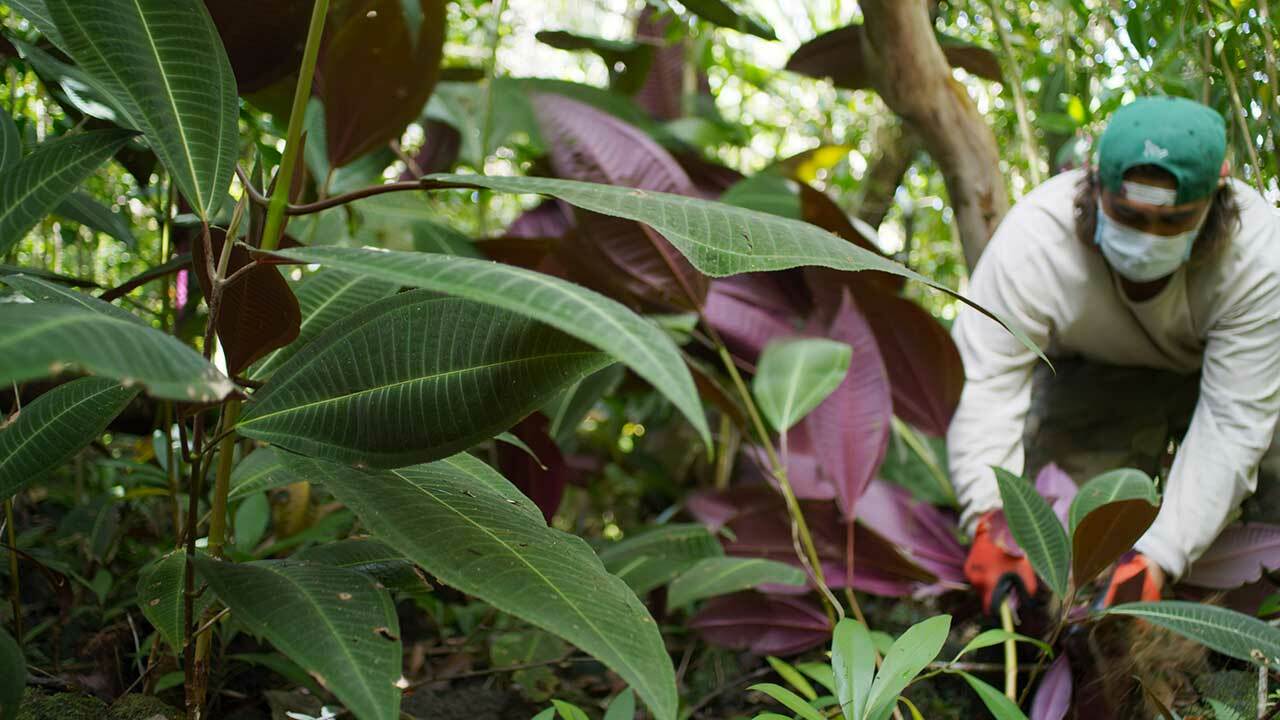
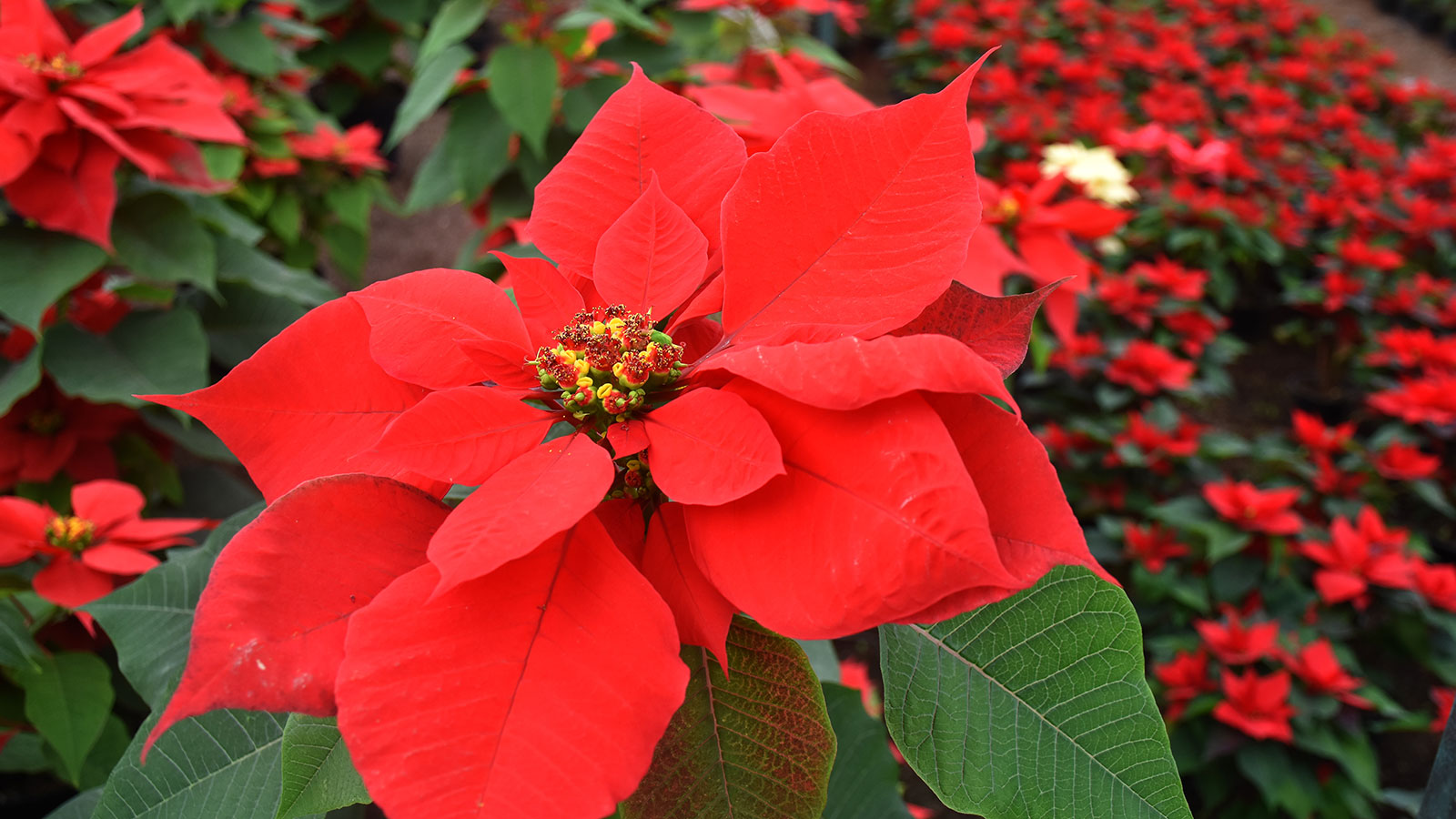
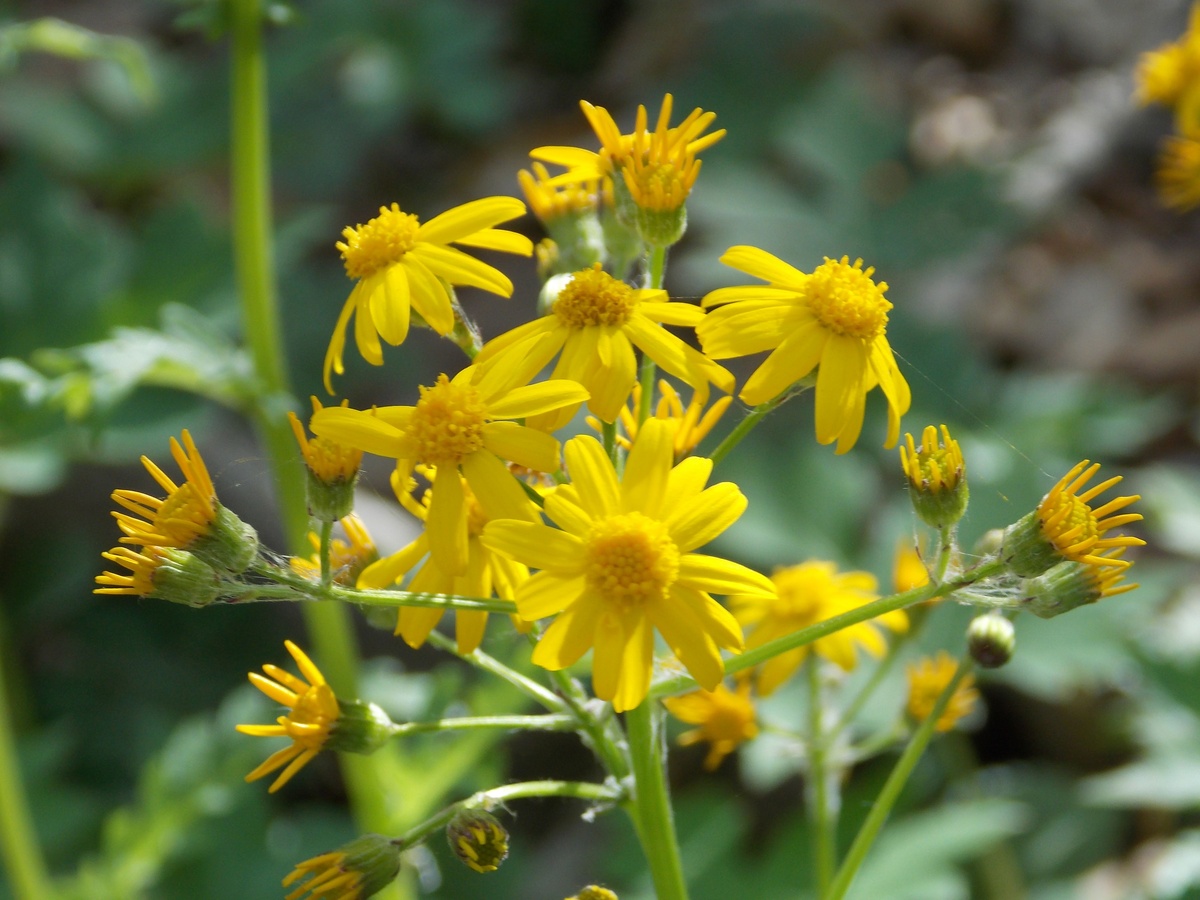
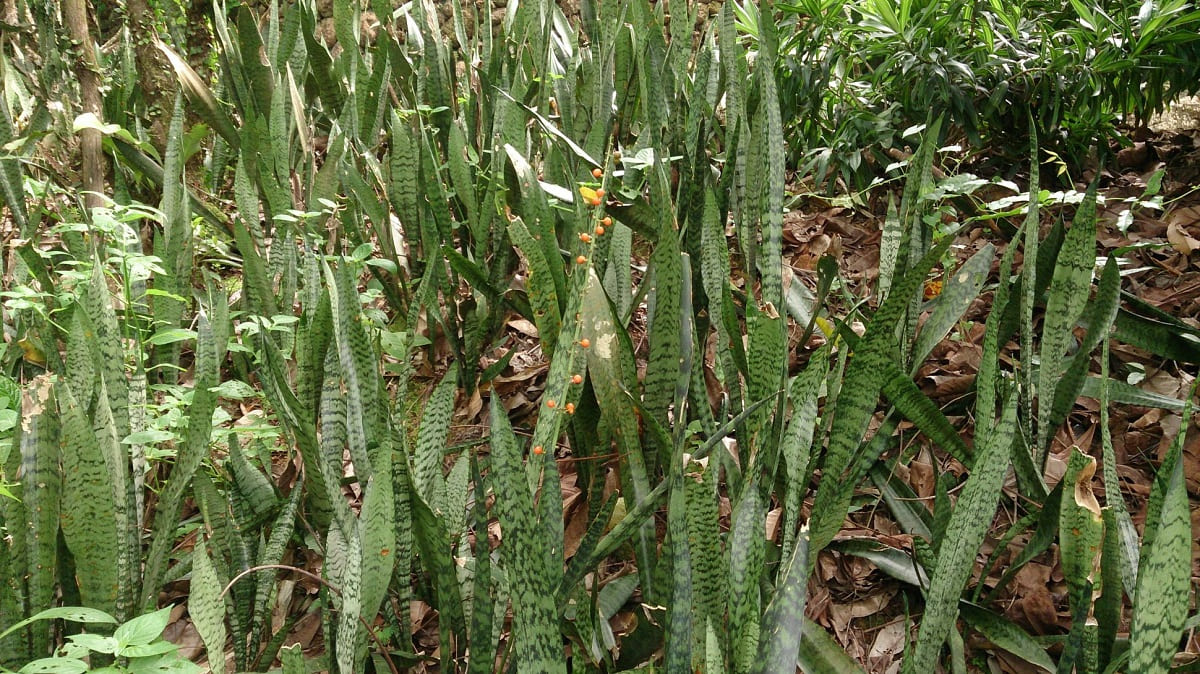

0 thoughts on “What Are Some Good Native Plants To Plant In Pennsylvania”